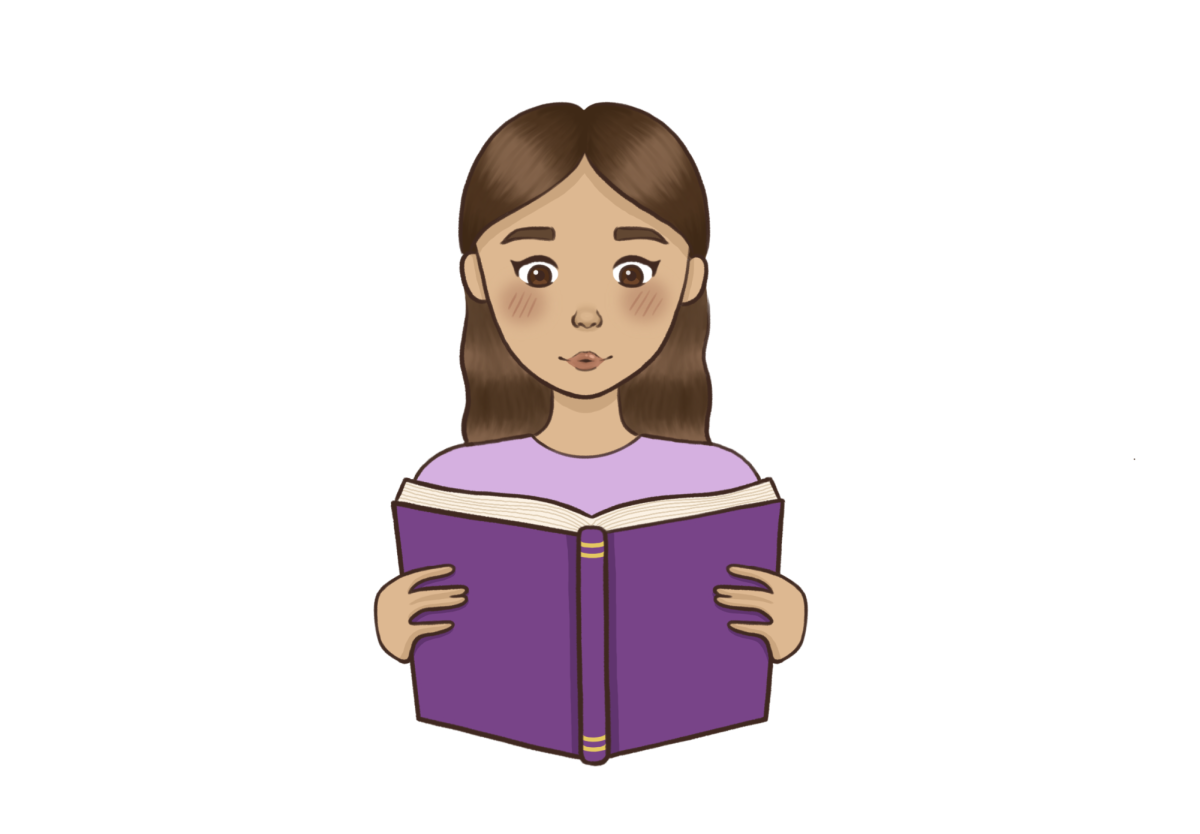Over the years at Marlborough School, the cell phone policy has evolved to reflect the ever-increasing usefulness of cell phones. Originally, cell phones were not allowed at any time of the school day on campus. Texting or talking on the phone at lunch was against the rules. However, within the last few years, the Educational Council changed the policy to now allow cell phones to be used with a teacher’s permission. While teachers often don’t allow cell phone usage because phones can be a distraction in the classroom, some teachers tolerate using a cell phone as a calculator, camera or music player when working alone.
There are studies that claim that cell phones do not only affect a teenager’s performance at school, but also a person’s mental and physical health. However, many students and teachers have mixed opinions regarding cell phone usage at home and in school.
EFFECTS ON STUDY
In a classroom setting, cell phone usage is regulated by the School and the instructor per the Student Technology Responsible Use Policy in the Student Handbook of Expectations. However, many instructors, including science instructor Lisa Ellis, are lenient towards the use of mobile devices in classrooms, depending on the situation.
“There are times in my class when cell phones are useful,” Ellis said, explaining that she allows her students to use them as calculators or timers, and to take photographs of what they are working on in class. However, those are the only times Ellis allows phones to be used in her class.
“I don’t want cell phones dinging or ringing. Unless they’re used for one of those purposes, students shouldn’t be looking at them,” she said.
Others, such as Abby ’16, wholeheartedly believe that cellphones are nothing but positive for studying and learning.
“I listen to music when I am doing work, and I can’t do [work] without listening to music, so there’s plenty of things that only help [studying].” she said. And, while she did admit that as long as she has some sort of musical device, such as an iPod, she would be content without having her phone around, in general, she doesn’t find her phone very distracting at all.
Abby ’16 acknowledges that there are people who do lack the self-control to keep themselves from constantly being distracted by their phones. Still, she believes that, “if people can get a hold of themselves finally, [then] iPhones should only be helpful to learning.”
Lisa Ellis agrees to a certain extent, believing that sometimes the distraction from phones has the potential to be conducive to studying.
“I think taking breaks is a normal, natural thing to do. You need to switch activities, and perhaps the cell phone could be the break you could take,” Lisa Ellis said, emphasizing that because the phone is just a device, it could be detrimental to learning, but it could also be very useful to learning, depending on how it is used.
On the other hand, Head of School Priscilla Sands believes that in most cases, cell phones are more distracting than they are useful for studying, because students are constantly getting notifications to their phones.
“I think kids keep their phones on because nobody wants to miss anything, and so it’s a way of knowing what everybody’s doing,” Sands observed, claiming that even she herself has been a victim of being distracted from important matters by her phone.
EFFECTS ON SLEEP
Although views are mixed on the effect of cell phones on studying, views on the effects of cell phones on sleep are generally negative. According to Founding Co-Director of the Mindful Awareness Research Center Dan Siegel, staring at a screen within an hour before bed can disturb sleeping habits.
Physical education and health instructor Tinka Brown, graduate of the California Family Studies Center with a Master of Arts and California State University, Long Beach with a Bachelor of Arts, also claims that cell phones can have a major effect on one’s health.
“The light and sound make a person feel like they have to respond. They have a harder time waking up in the morning… more time spent tossing and turning,” Brown observed.
Ellis considered the science of how looking at a screen can prevent someone from getting sleep.
“There’s definite evidence that the light from cell phones, which has a blue tint, can disrupt the natural hormone cycle that allows you to sleep normally, so I think that is a big problem. I don’t think you should have screens in bed,” Lisa Ellis said.
Brown agrees, indicating that sleep is one of the most important factors for a healthy lifestyle, and can be easily disrupted by a phone.
“[Unhealthy] sleep patterns are causing all sorts of issues, which also have a link to depression and anxiety,” Brown said.
Brown also claims that teenagers more than any other age group feel like they have to stay connected for fear of being out of the loop by not seeing the latest update, post, or message. According to Brown, the best way to get a good night’s sleep is to turn off the phone and walk away.
“Give yourself at least an hour to disconnect before bed. Let your brain relax so you can sleep better,” Brown said.
SOLUTIONS
If excessive cell phone usage during school, work, commutes and bedtime is driven by the fear of missing out on a message, a post, or an email, then the solution is clear.
“Let’s just assume we’re not missing anything, and let’s keep our phones out of our hands,” Sands suggests.
It seems easy enough. However, if it were truly that easy, then the problems that people now face from cell phone usage wouldn’t be as prevalent as they currently are. Although many problems arise from having a cell phone and it seems hard to unplug sometimes, they are useful for many things, such as communication and navigation. However, the solution can be as simple as downloading an app on your phone.
In regards to studying, there are free apps, such as SelfControl, that allow the user to lock herself out of her phone or computer for a predetermined amount of time, disabling her from using her devices until she is finished studying and the allotted time runs out. It only takes a few taps on the phone’s screen to download, and a few more taps to set it up.
Of course, people can also use apps, like SelfControl, beyond studying, to take a step back from their cell phones.
“I really feel we need to find quiet time in our life and turn off our devices and keep them quiet and not be distracted,” Sands said.
When people are too connected to their phones, they begin to disconnect themselves from the people around them. Brown laments the lack of healthy dialogue face to face, looking at someone in the eye.
“There is such discomfort and people use their phone to rescue them,” Brown laments. “I see so many people that will be taking a walk and will be looking at their phone. Look at the environment and breathe in the air!”
Disconnecting from the phone before sleep is even simpler, and there are multiple ways of going about it. According to Brown, either turning the phone off or putting it in another room is a good way to keep oneself from getting distracted. This allows the brain to relax and results in getting a better night’s sleep.
“Getting more sleep will even improve test scores,” Brown adds.
There are many members of the Marlborough community who follow this advice, with Ellis turning her phone off every night before bed, while Sands refuses to look at her phone after eight o’clock and plugs in her phone to charge downstairs while she sleeps on a completely different floor.
“It has changed my sleep, it’s changed my ability to read more consistently at night, to concentrate,” Sands says.
In addition, for anyone who prefers to keep their phone on at night, Ellis recommends that they leave it where they won’t be able to hear it. She explains that this is because humans are wired to be social, so they get a shot of dopamine, a chemical that triggers happiness in the brain, when the phone makes a noise. “So there’s that reward thing, it’s very reinforcing, and if the phone is on and you hear that ding, you’re gonna wanna see it,” she said.
When asked what she thinks is the best condition for getting a good night’s sleep, Ellis gave three words: “Dark, quiet, uninterrupted. That’s what leads to the best sleep.”
It is important to remember that despite the increasing usefulness of cell phones in everyday life, over using mobile devices can become detrimental to both health and performance.






